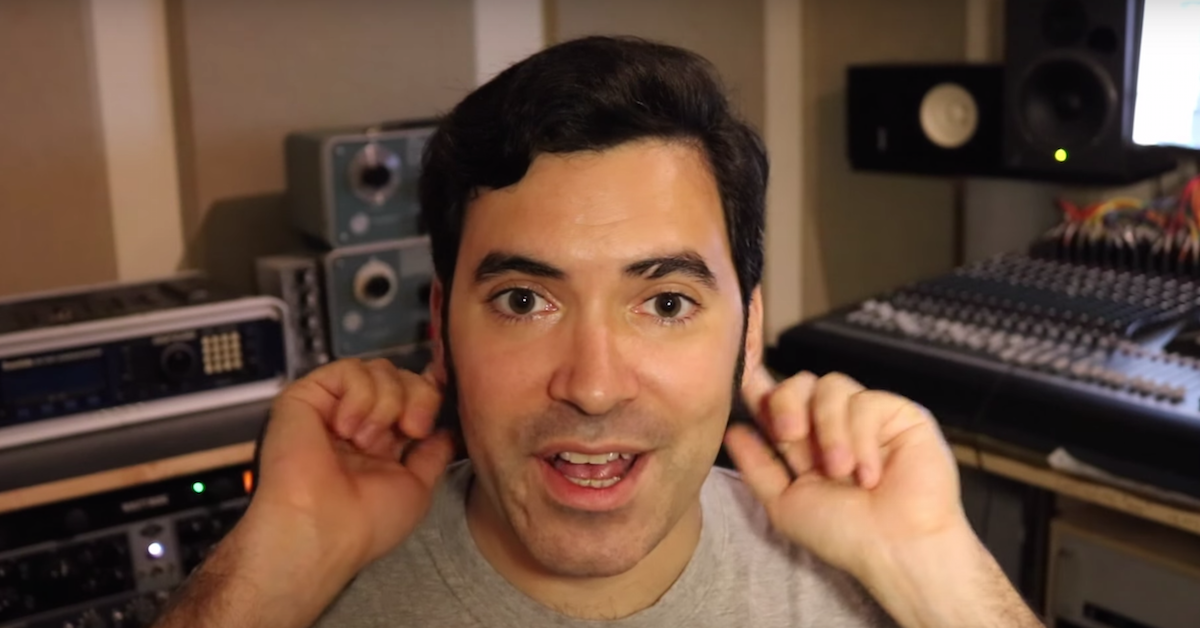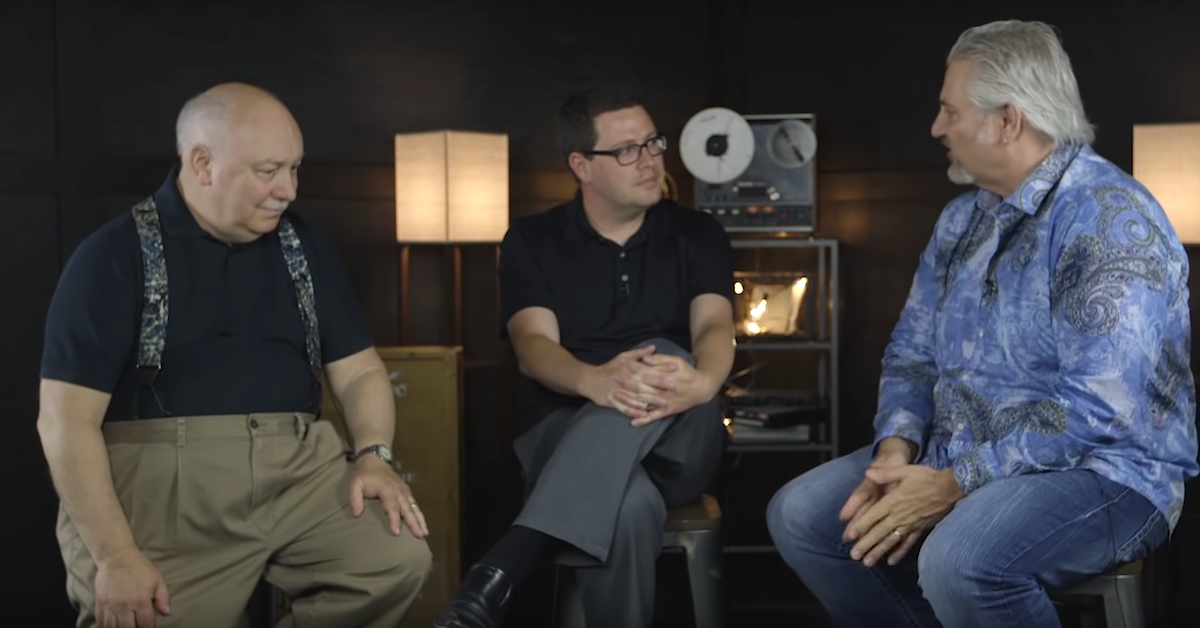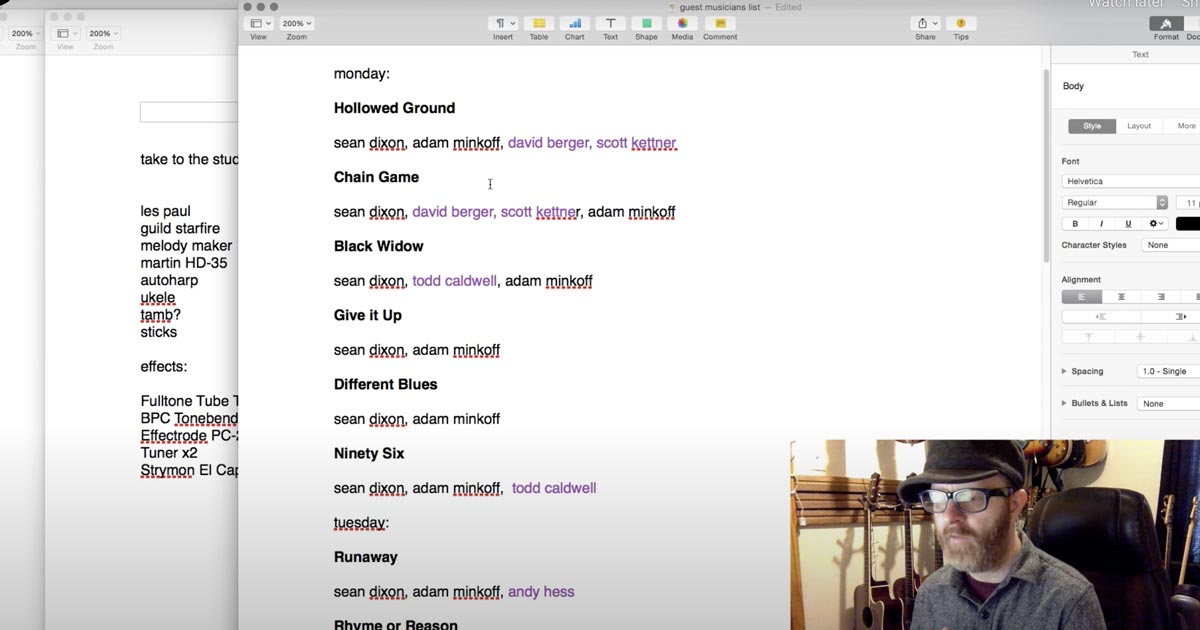7 Essential Traits of a Great Recording Studio
Article Content
1. Opinions Are Like
There’s a difference between giving constructive criticism and having an ego-driven opinion. It’s nice to speak your mind. But, beware when it turns from speaking your mind into preaching.
You’re not always going to agree with what a client does and you have to be aware when they’re not seeking your advice.
Pushing your opinion can really rub people the wrong way. Just because you think you could’ve done something better doesn’t mean it was the artist’s wishes. Be sensitive. Know when to add, know when to bite your lip.
Being too opinionated and ego-driven can quickly drive clients away. I have specifically not gone back to studios for this reason.
2. Working Gear
Gear needs to be maintained. This is a big part of owning a studio, and how you deal with it is important.
I cut a record recently at Brooklyn Recording. There’s an incredible collection of instruments and gear there. It all works too. If there’s a problem, it gets fixed immediately.
Maintain your gear. People will not judge you for gear that breaks, but they will judge you for not fixing it.
3. Politics
Owning a studio is a job that requires socializing with people. If you’re not a people person, owning a studio may not be the greatest match for your personality.
Knowing how to greet and accommodate people can help you earn money. Remember, it’s not just the gear that people respond to. The better clientele you try to appeal to, the more your people skills are going to matter.
One warning for any studio owner: never make the artists feel like they’re getting taken advantage of.
This means not having conversations with other people on a session about your rates. If you offer special deals to some clients but not others, that’s a private deal.
I was on a session recently where I heard a studio owner from the next room having a discussion about a special fee for a client. The rate was different from the one being offered to the artist within ear’s reach.
How do you think this makes an artist feel? On average, the artist is going to feel taken advantage of.
Sure, we all offer special rates from time to time. But, these are behind closed doors deals. Be respectful.
We all know deals happen. Breaks are given. Everyone wants to feel like they get the deal. Money conversations are between you and the artist.
Sure, if someone pays for a piano tuning, you can most likely use it on a session for a different artist the next day. But still, be somewhat discrete about how you promote this. Have taste.
4. Surprise
Always be upfront about every cost that a client might experience, even if you think it might not happen.
Different studios have different rules. Some studios charge extra for certain gear. I personally don’t recommend this. But, if you do go this route (please don’t), make sure you have a full list of expenses.
Do you charge to tune the piano? This is totally acceptable, but have the cost and time requirements in print. Leave no room for misunderstanding.
5. Possession
Be careful what gear you list on your website. Don’t get eager to look cool and post gear that isn’t in your possession or is a “rental” option.
You’re going to really annoy some people if you have a 60’s set of Ludwigs listed and they show up to a modern set of Yamaha’s. Nothing wrong with the new set. But, it’s an entirely different sound.
Same with guitar amps, microphones, compressors … you name it. Post what actually lives in your studio.
If I book time at a studio, I want to walk in and have immediate access to the gear listed. If a piece of gear breaks (and it will), immediately notify clients who booked time to let them know. That piece of gear may be the cornerstone of their session.
6. Backups
Hard drive space fills up quickly. Make sure you have enough space for redundant backups. Hold onto client backups until the project is done.
Always make sure clients bring their own hard drive for backups as well. You don’t want to be in full possession of a project — that’s way too much responsibility. You’re simply holding onto copies as a fail-safe.
Make finding the correct hard drive easy for clients. Have a link ready with a hard drive that you like to integrate into your system. Most clients will be appreciative. Some don’t know the best drive to buy or how much space will actually be required.
7. Mr. Bill
Make sure to have easy means of accepting payment. People don’t use personal checks as much as they used to. These days, people often send money through PayPal, Venmo, etc.
If you accept credit cards, make sure your system works. Don’t make it hard for clients to pay you. Also, always give clients an invoice for each session.
There are a lot of moving parts in a business. Make sure you consider that there’s more to a studio than just the creative space.






